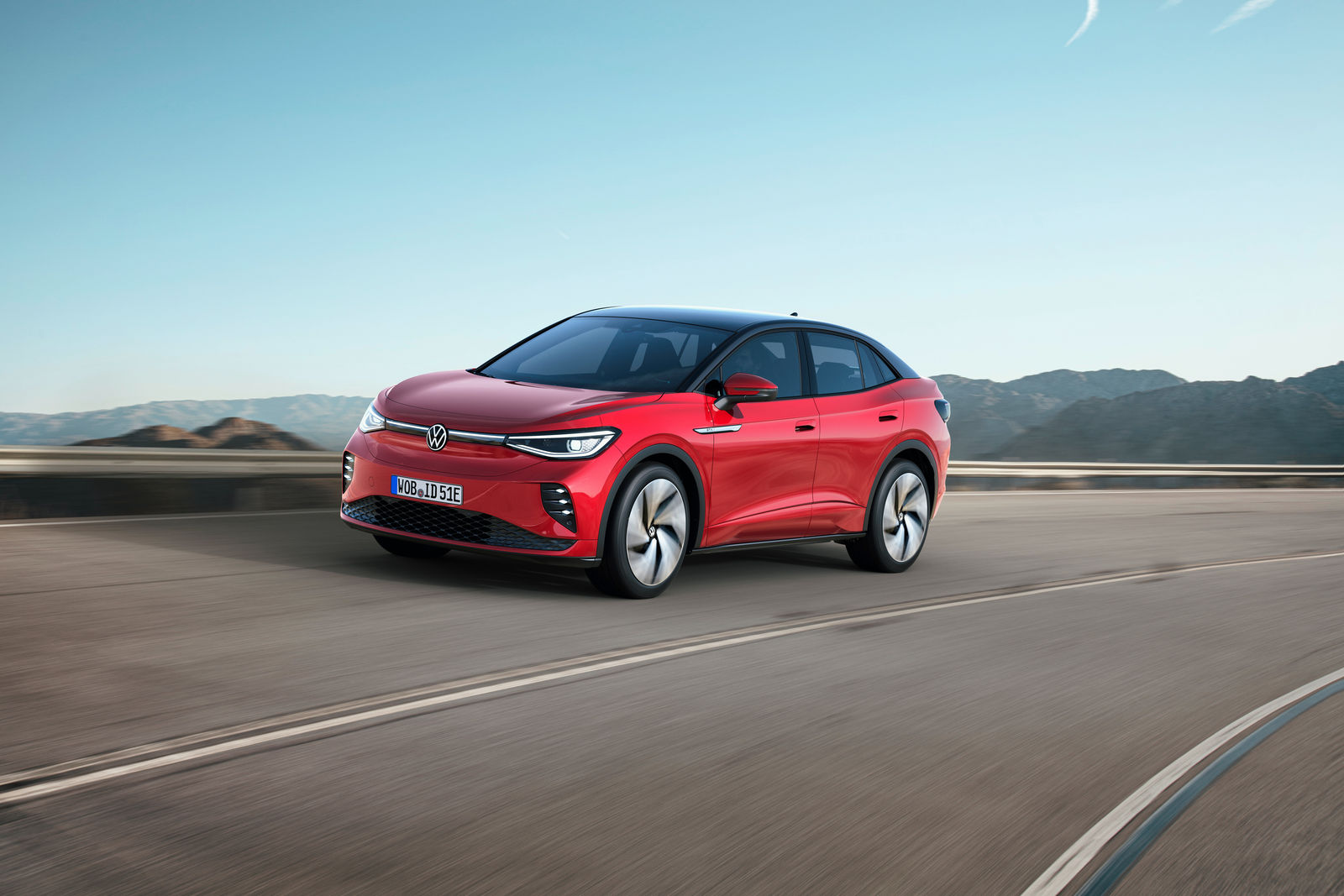- Average CO2 emissions for the passenger car fleet of new vehicles in Europe was around 5.5 million grams below the legal target
- Volkswagen CEO Ralf Brandstätter: “We are making rapid progress in the transformation towards e-mobility and decarbonization and are making an important contribution to meeting the Paris climate goals.”
- Deliveries of all-electric vehicles in 2021 doubled
- Electric offensive will continue to gain momentum in 2022 with new models
Based on preliminary figures, Volkswagen Passenger Cars has exceeded the ambitious European CO2 fleet targets for 2021 and produced around 5.5 million grams fewer CO2 than required by law. The passenger car fleet of new vehicles in the European Union achieved average CO2 emissions of 113 g/km – the legal CO2 target for the brand was 119 g/km. In 2021, the realistic WLTP standard replaced the old NEDC. Volkswagen had already over-fulfilled the targets for 2020.
“By significantly exceeding our CO2 targets once again, we have demonstrated our fast and systematic approach to sustainability and the transformation towards e-mobility through our ACCELERATE strategy. We are thus making an important contribution to meeting the Paris climate goals. This year, we adding to the momentum with our new models,” said Volkswagen CEO Ralf Brandstätter.
Last year, Volkswagen delivered more electric vehicles worldwide than ever before, handing over more than 369,000 electric cars (+73 percent versus 2020), including approximately 106,000 PHEVs (+33 percent) and 263,000 all-electric vehicles (+97 percent) to customers. The Group thus doubled its BEV deliveries year-on-year.
Volkswagen will again increase its investments in the future over the next five years – to around €18 billion. Most of this, almost €14 billion, will be spent on e-mobility – for example for the development of further new models and the transformation of our plants towards e-mobility. In addition, there will be more than €1 billion for hybridization. The Emden and Chattanooga (USA) plants will start production of the ID.4 this year. In the current fiscal year, Volkswagen will also expand its offerings based on the modular electric drive matrix (MEB): This way, the all-electric models ID.5, ID.5 GTX and ID.BUZZ will gradually be launched in international markets.
At the heart of Volkswagen’s “Way to Zero” decarbonization program is the brand’s ACCELERATE strategy aimed at stepping up the pace of the electric offensive. Volkswagen intends to be net carbon neutral by 2050 at the latest. The interim target is to cut CO2 emissions per vehicle by 40 percent in Europe by 2030 (baseline: 2018). The production, including supply chains, and operation of electric cars are to be made net carbon neutral.
The goal is the full electrification of the new vehicle fleet. By 2030, at least 70 percent of all Volkswagen’s unit sales in Europe will be all-electric vehicles – i.e. substantially more than one million vehicles. In North America and China, the share of electric vehicles in unit sales is expected to reach at least 50 percent.
The final confirmation by the EU Commission regarding the CO2 figures is to follow at a later date.
Media contact

